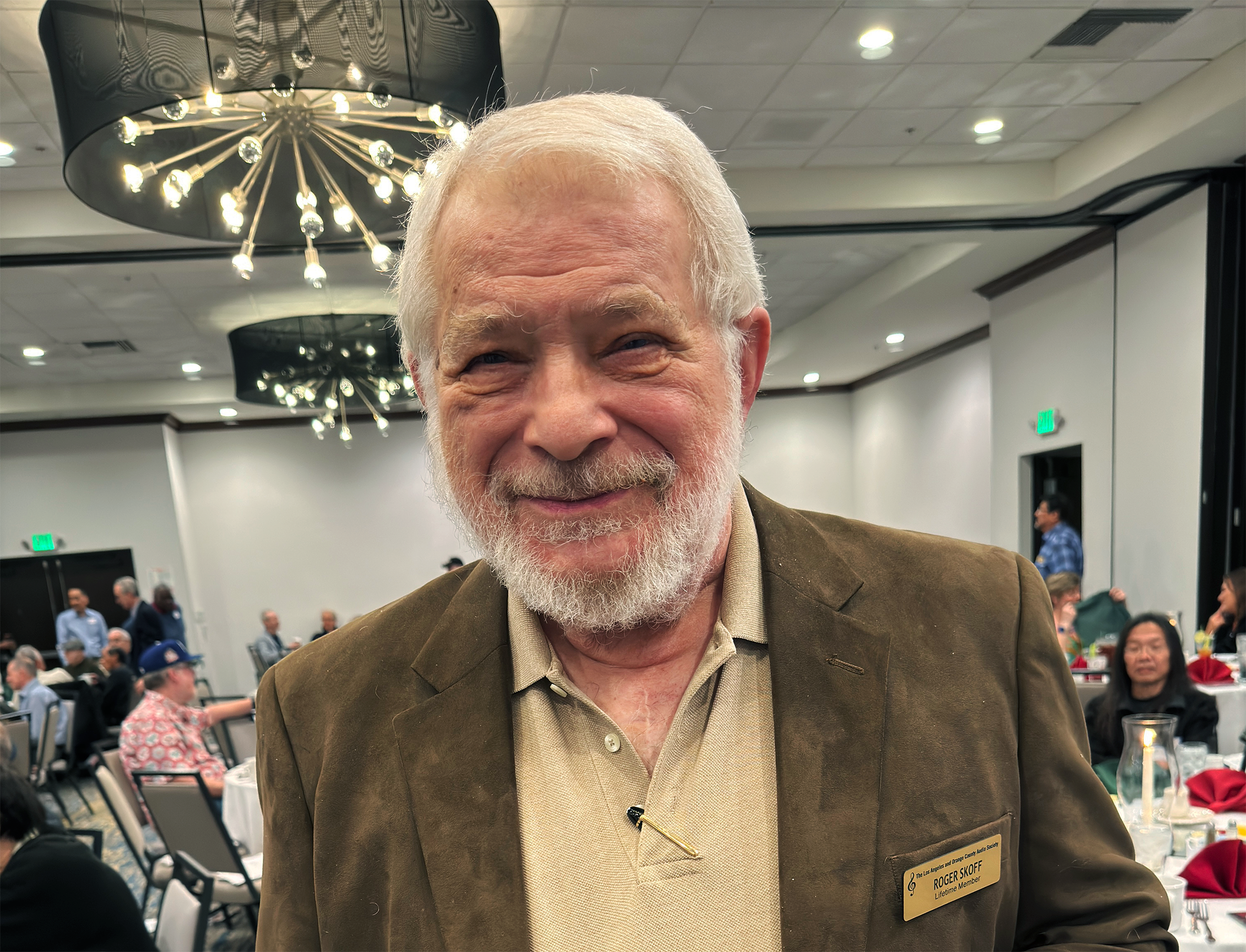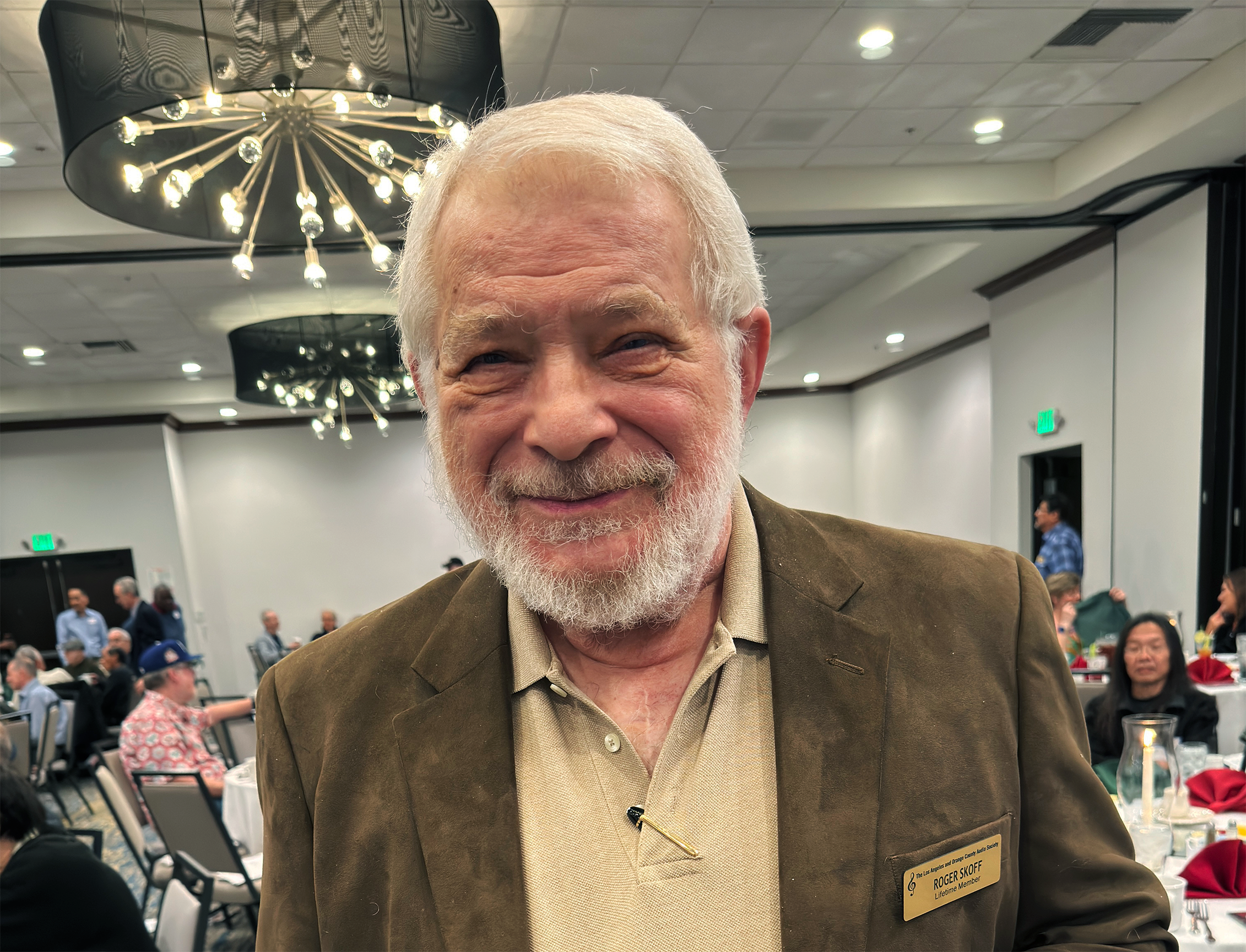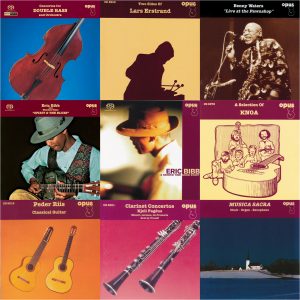Roger Skoff gives advice about advice givers

I recently came across an internet ad where some guy, who apparently makes his living by telling audiophiles what crooks other people are, was advertising his consulting services to tell you—for a not insubstantial fee—how to spend your money.
When I checked further, I found out that he is apparently one of the many in our hobby who claim to be crusaders against misinformation; that he seems to regard "misinformation" as anything at all that he doesn't agree with or that can't be proven by double-blind testing; and that he'll be happy to sell you what he claims not to be misinformation, either on a one-on-one appointment basis, or in written form, if you'll just cross his palm with silver.
Now don't get me wrong—there are plenty of other people out there who do that (and charge for it) all the time. They're called reviewers, and the price they charge is the subscription or the download or per-copy price of their publication; and they perform a genuinely important service to our hobby.
The difference, though, is at least twofold: First, no reputable reviewer that I know of either dismisses or praises anything by general product category. Instead, they'll tell you, on an individual product basis, what a thing sounds like, to their ears, on their system, in their listening room, on one or more particular recordings of particular pieces of music. If it works as it claims to do for them, they'll tell you so, and if it doesn't, they'll tell you that, too. Second, no reputable reviewer would ever presume to tell you how to—or perhaps more importantly, how not to – spend your money. He might very well tell you what he would buy, but would never, except possibly as lighthearted hyperbole ("run right out and grab one of these…") make a directive statement of any kind.
It's just not done.
For another thing, it can't be done with any level of certainty and applicability. Nobody, I repeat nobody, has ever heard all of what our hobby has to offer. Not me, even though I've been around this hobby for what seems like forever; not the reviewers (remember that I used to be one); not anybody, has ever heard even a significant portion of 1/100 of 1% of (yeah, 1 in 10,000) of all of the possible combinations of gear, rooms, and recordings, so how can they tell you what's best?
As I have written elsewhere, if one were to ignore all other things, and only listen to all of the possible combinations of just 10 phono cartridges, playing in just 10 tonearms, mounted to 10 turntables, connected by 10 phono cables to 10 preamps, connected by 10 pairs of interconnects to 10 amplifiers, driving 10 pairs of speakers through 10 pairs of speaker cables, playing in just 10 listening rooms, and the listening session for each combination were to be limited to just 10 minutes, with no time at all spent for either rest or hookup, it would still take thousands of years (100 billion minutes) to audition them all (figure it out for yourselves) and, even if you, as the listener, were somehow to be able to do that, by the time you had even gotten well started, everything you were auditioning would be obsolete, and your review would have no value at all except as a possible contribution to the history of audio.
If you base your judgment on other people's recommendations, what you'll wind up buying is what other people like.
The other thing that this "consultant" guy does is to constantly push the merits of double-blind testing as the only possible way to make a valid product decision and be protected against the horrors of "snake oil."
Absurd. As used by guys like him, it's the double-blind testing, itself, that's the "snake oil."
What double-blind testing does is to provide a test protocol where neither the tester nor the testee knows which one of a number of pre-selected things is under test. That effectively eliminates "anticipation-bias" (also known as "placebo effect"), which is what doubters of practically anything usually claim to be the reason when other people hear or perceive things and differences that they don't.
It's a good test, too, and is, in fact, "The Gold Standard" for use where one single variable can be isolated and tested for. In medical or pharmaceutical testing, for example, that's easy and the test works well. Just establish two test groups, each as identical to the other as possible, and give only one of the groups a particular medication or treatment, while all other factors for both groups are held the same.
That can even be done for certain aspects of audio. If all we want to know is which of two 1kHz tones is louder or of longer duration, or which of two tones is of higher pitch, the single variable is obvious and double-blind testing will work just fine, but what's the point of it? Single-variable information like that, if it's of any value at all, would seem to only be of interest to audiologists, equipment designers, or statisticians.
For everyone else, music is what they're interested in recording, storing, or playing back, so "test tone" performance is of little consequence. Music is what is necessary for audio testing. And music, because it is, by its nature, a constantly changing amalgam of tones, tempi, harmonics, and dynamics, never has just a single factor to isolate and base a test on.
The result is that double-blind testing is twice revealed to be useless for High End audio evaluation; once because, if the testing can be reduced to involve just a single variable, it's of little value, and once because, if no single variable can be isolated, the test, itself, won't work.
None of that, though, should be taken to mean that there is nothing out there to help you with choosing what does work and avoiding what doesn't.
You don't need some high-priced consultant. The magazines and the internet will help you to select which things to avoid and which you might want to audition for yourself. Best of all, though, you have your local friendly HiFi dealer.
Certainly, a dealer wants to sell you something. So does everybody else, including the guy who wants to sell you his consulting services. They all need to make a living. A dealer, though, offers a set of very important functions that you need and can't access from any other single source.
Granted, he won't know what everything out there sounds like; nobody does. But he does know—almost certainly better than you—what's on the market and what his customers have wanted to buy. He will also have brought together, in a single place, a broad selection of things that, in his knowledge and experience, are the best available in every combination and every price-point for you to judge for yourself, rather than just read about or hear about from some other source. He'll not only advise you on what he thinks is best and what he thinks is best to use with it, but he'll probably, if he's smart, also help you get it set up, once bought, and provide a service department to keep it running in top form.
Most importantly, he'll do all of those things for no consulting fee. He makes his money not by selling his time, but by selling products and services that, if you don't like them, you don't have to buy.
To me, that's the best protection against snake oil—judging things for myself and not buying anything that I don't think is worth the money.
Except for things like planning and selecting acoustical treatments for my listening room (where I know that there are people with special skills far greater than my own), I don't need to pay a consultant to make my choices. Neither do you.




































